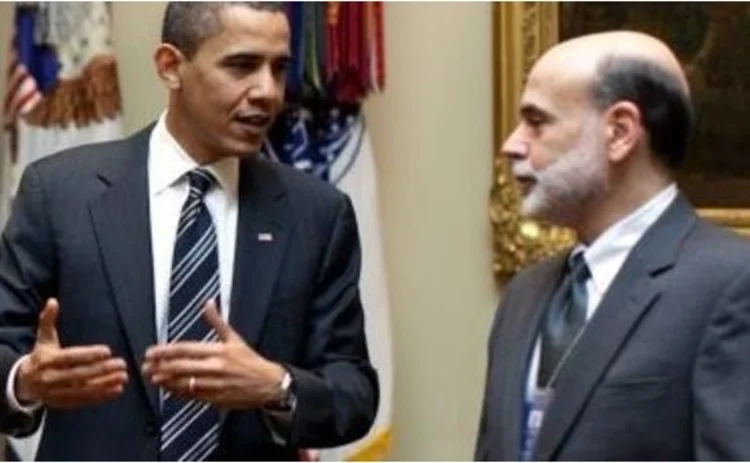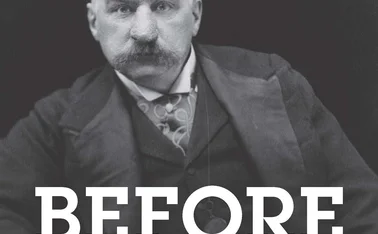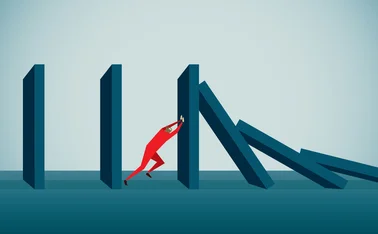
Fed is the main winner from Dodd-Frank bill: Meyer

The Federal Reserve has emerged as a clear winner in the finalised Dodd-Frank regulatory reform bill, Laurence Meyer, a former governor of the central bank's Washington-based board, told CentralBanking.com on Friday.
"The most surprising feature of the final product is that the Fed has emerged as the biggest winner," said Meyer, who is now the vice-chairman of Macroeconomic Advisers, a consultancy. "At the beginning, there was such hostility to the Fed. It didn't seem that they would end up
Only users who have a paid subscription or are part of a corporate subscription are able to print or copy content.
To access these options, along with all other subscription benefits, please contact info@centralbanking.com or view our subscription options here: www.centralbanking.com/subscriptions
You are currently unable to print this content. Please contact info@centralbanking.com to find out more.
You are currently unable to copy this content. Please contact info@centralbanking.com to find out more.
Copyright Infopro Digital Limited. All rights reserved.
As outlined in our terms and conditions, https://www.infopro-digital.com/terms-and-conditions/subscriptions/ (point 2.4), printing is limited to a single copy.
If you would like to purchase additional rights please email info@centralbanking.com
Copyright Infopro Digital Limited. All rights reserved.
You may share this content using our article tools. As outlined in our terms and conditions, https://www.infopro-digital.com/terms-and-conditions/subscriptions/ (clause 2.4), an Authorised User may only make one copy of the materials for their own personal use. You must also comply with the restrictions in clause 2.5.
If you would like to purchase additional rights please email info@centralbanking.com







